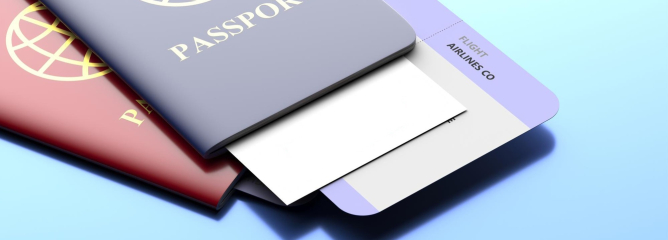
The Faroe Islands are an autonomous region administratively dependent on the Kingdom of Denmark and located in the North Atlantic between Iceland and Norway, northwest of Scotland. The archipelago consists of 18 main islands and a number of smaller islands.
The capital is the city of Tórshavn.
Form of government: the formal head of the autonomy is the monarch of the Kingdom of Denmark. But the country has its own government and parliament, known as the Lagting Faroe (Løgting). Denmark remains the supreme sovereign of the Faroe Islands in some key areas, but the Faroe Islands have a significant degree of autonomy and manage many aspects of their internal politics, including the economy and education.
The climate is marine subarctic. Summers are cool, with average temperatures in July and August being around 10-12°C. Maximum temperatures rarely rise above 15°C, but winters are mild. Average temperatures in winter range from 2-7°C. The islands have high humidity and frequent precipitation all year round. Often cloudy and foggy. It can be very windy, especially in winter.
The population is about 53,000 thousand people. (2021).
The official language of the Faroe Islands is Faroese (føroyskt), which is a North Germanic language closely related to Norwegian.
In addition, the Danish language is also widely understood and used in the Faroe Islands, especially in business and government areas. The local population can also speak English, and English is usually taught in schools as a second language.
The main sectors of the economy are fishing (cod, salmon and others), agriculture (lamb, dairy products and vegetables) and tourism. The islands have beautiful landscapes - mountains, fjords, waterfalls and beautiful sea views that attract tourists and travelers. Numerous species of birds and other fauna can be seen in the Cape Gastangi Nature Reserve.
The standard of living in the Faroe Islands is high. Key industries such as fishing and agriculture provide jobs and stable incomes for the population. However, the cost of living is higher than in some other countries due to the remote location of the islands and the high cost of imported goods.
The medical system provides a high standard of medical care. The islands have modern hospitals and clinics, and the medical staff is highly qualified.
Education is also an important component of the quality of life in the Faroe Islands. The islands have a developed education system, including primary, secondary and higher education. Many Faroese also have access to further education outside the islands.
The Faroe Islands are part of the Kingdom of Denmark and do not have their own citizenship as an independent state. Residents of the Faroes have Danish citizenship.
